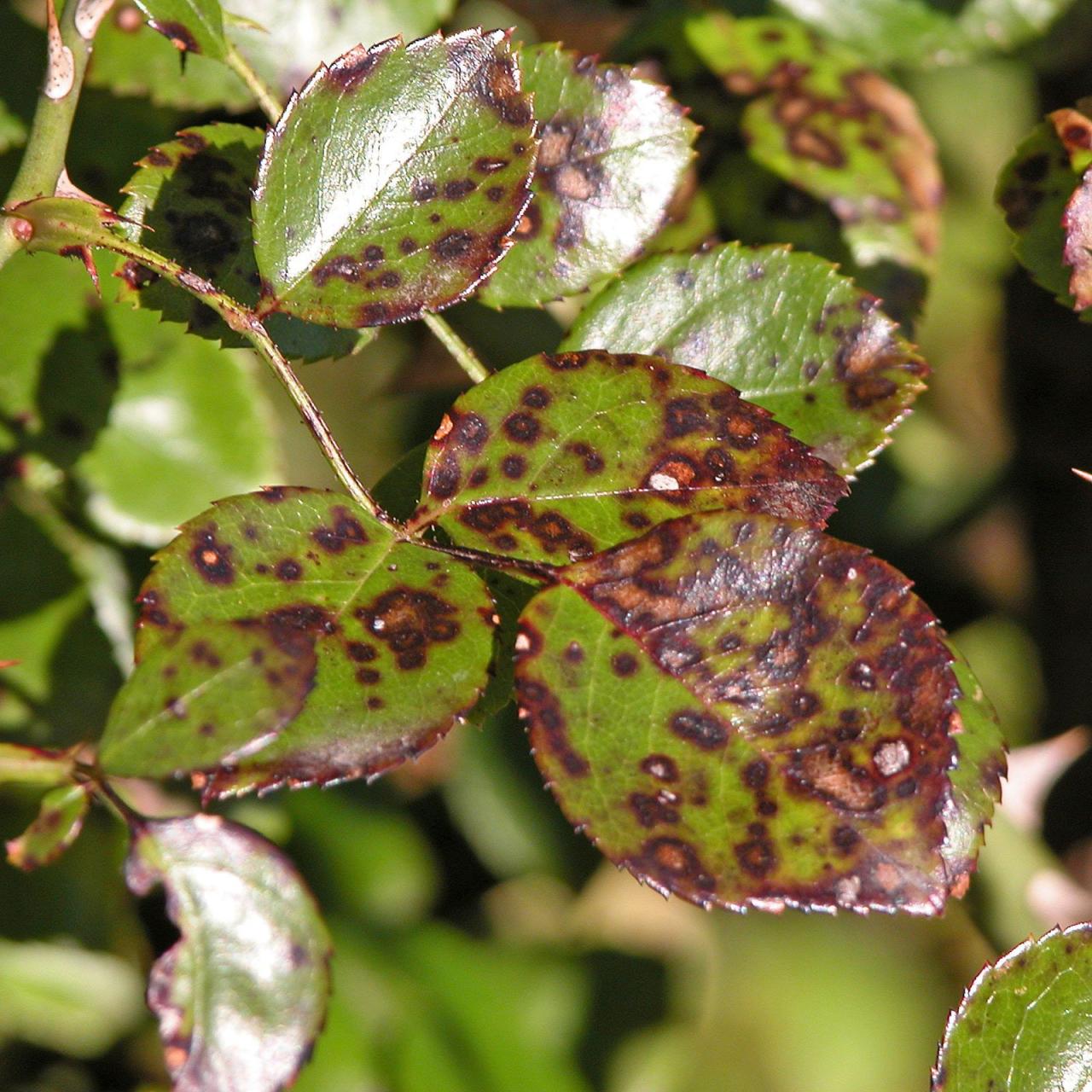Brown rose bush leaves can be a cause of concern for many gardeners and plant enthusiasts. The sight of these discolored leaves can often indicate underlying issues affecting the health of your beloved rose plants. In this comprehensive blog post, we will explore the various reasons behind the browning of rose bush leaves, how to diagnose the problem, and effective solutions to restore your plants’ vitality. 🌹
Understanding the Causes of Brown Leaves

Before jumping into solutions, it’s crucial to identify why your rose bush leaves are turning brown. Below are some common causes:
1. Nutrient Deficiency
One of the primary reasons for brown leaves on rose bushes is a deficiency in essential nutrients, particularly nitrogen, potassium, and iron. Roses require a balanced diet to thrive.
| Nutrient | Signs of Deficiency | Solution |
|---|---|---|
| Nitrogen | Yellowing leaves with brown edges | Use a nitrogen-rich fertilizer |
| Potassium | Brown spots on older leaves | Add a potassium supplement |
| Iron | Yellow leaves with green veins | Apply an iron chelate |
2. Water Stress
Both overwatering and underwatering can lead to brown leaves on rose bushes. It’s important to maintain a consistent watering schedule. Here’s how to identify the issue:
- Overwatering: Leaves will appear wilted and brown, and the soil may be soggy.
- Underwatering: Leaves will become crispy and brown from the edges inward.
Always check the soil moisture before watering your rose bushes to prevent water stress.
3. Disease and Pests
Various diseases, including powdery mildew and black spot, can cause leaves to brown. Similarly, pests like aphids and spider mites can sap the vitality from your plants. Look for other signs, such as webbing or visible insects, to diagnose the problem correctly.
Diagnosing the Problem
Identifying the exact cause of brown leaves is essential for effective treatment. Here are some steps to help diagnose the issue:
1. Inspect Your Plant
Start by closely examining the affected leaves. Look for patterns, spots, or any other abnormalities that can give clues about the problem.
2. Check Soil Conditions
Test the soil moisture and pH levels. Ideally, rose bushes prefer slightly acidic soil with a pH of 6.0 to 6.8. Adjust the pH if necessary using amendments like sulfur or lime.
3. Evaluate Your Care Routine
Review your watering schedule, feeding routine, and pruning practices. Any drastic changes could stress the plant and lead to browning leaves.
Solutions for Brown Rose Bush Leaves
Once you’ve diagnosed the problem, you can implement effective solutions to restore the health of your rose bushes:
1. Nutrient Management, Brown Rose Bush Leaves
If nutrient deficiency is identified, apply a balanced rose fertilizer to provide the necessary nutrients. Follow the package instructions for the best results.
2. Watering Practices
Establish a consistent watering schedule. Water your rose bushes deeply but less frequently to encourage strong root growth. Ensure proper drainage to prevent waterlogging.
3. Disease and Pest Control

For any detected diseases or pests, consider the following treatments:
- Use organic fungicides for diseases like powdery mildew.
- Apply insecticidal soap or neem oil to control pest infestations.
Regularly check your plants for pests to catch infestations early before they cause significant damage.
Preventing Future Issues: Brown Rose Bush Leaves
Once you’ve addressed the current problems, take steps to prevent future occurrences:
1. Regular Maintenance
Routine maintenance is key. Ensure you prune your rose bushes each spring to promote airflow and remove any dead or diseased wood.
2. Fertilize and Mulch
Fertilize your roses seasonally and apply mulch to retain soil moisture, reduce weeds, and regulate soil temperature.
3. Monitor Environmental Conditions
Keep an eye on environmental conditions such as temperature and humidity. Protect your roses during extreme weather by providing shade or covering them when necessary.
Conclusion
Brown rose bush leaves can be an alarming sight, but with careful observation and timely intervention, most issues can be resolved. Understanding the underlying causes and implementing the right solutions will ensure your rose bushes remain vibrant and healthy. 🌼 Remember, a healthy rose bush not only beautifies your garden but also brings joy to your gardening experience.
